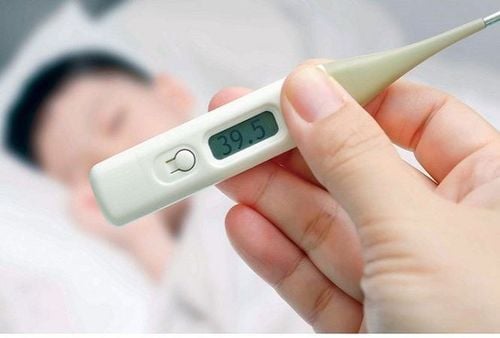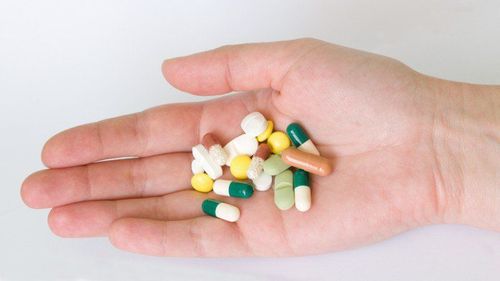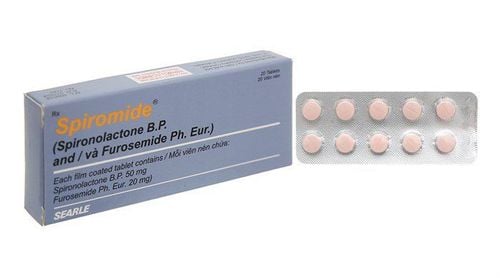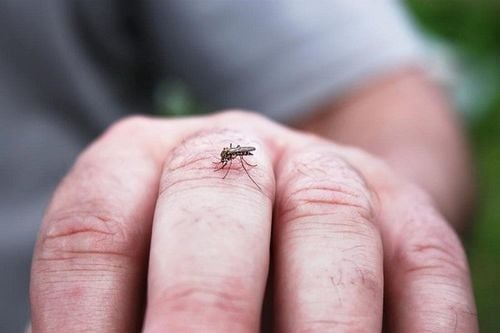After recovering from dengue fever, it’s not unusual to feel worn down and need extra time - sometimes several weeks or even months - to regain full strength. Proper nutrition during this stage can go a long way toward helping you bounce back more quickly.
1. Understanding Dengue Fever
Dengue fever is an acute infectious disease caused by the dengue virus, which is easily spread by mosquitoes, especially Aedes aegypti. Under the favorable conditions, outbreaks can flare up rapidly. There are four strains of the dengue virus (D1, D2, D3, and D4), meaning it’s theoretically possible to get dengue fever up to four times in a lifetime, each from a different strain.
While dengue can occur year-round, the risk of large outbreaks is highest from May through November. Symptoms vary with each stage and form of the illness. If you’re diagnosed with dengue fever, it’s crucial to get proper medical treatment. Alongside that, focusing on what you eat can help speed up your recovery.
Certain nutrients have been shown to support the body’s healing process after dengue fever, including:
- Vitamin A: Helps boost B-cell growth and T-cell activation, and enhances the role of macrophages, thereby improving your immune response and helping clear the virus.
- Vitamin C: Supports the production of interferon and improves how white blood cells carry out phagocytosis, aiding the body’s natural defense mechanisms.
- Vitamin D: Helps dial down excessive inflammation and promotes the production of interleukin-10, strengthening your overall immune resistance.
- Vitamin E: Protects cell membranes from oxidative damage, helps eliminate harmful peroxyl radicals, and enhances immune function by influencing enzymes and gene expression.
- Folic Acid: Aids in blood cell production and supports the restoration of normal blood counts after infection.
- Zinc: Encourages lymphocyte maturity, boosts cytokine production, and helps T-cells and neutrophils work more efficiently, accelerating cell turnover and tissue repair.
2. Foods to Add During Dengue Recovery
Coconut Water
Coconut water: is a rich source of minerals and essential electrolytes. It can help maintain fluid balance, prevent dehydration from prolonged fever, and reduce overall fatigue. Consider having two glasses of coconut water daily as you recover. That said, if you have low blood pressure, diabetes, kidney issues, or electrolyte imbalances, check with your doctor first.
Fresh Fruit Juices:
Staying well hydrated is key to recovering from dengue. Liquids are easily absorbed, helping replace lost fluids and combat weakness. Citrus fruits, in particular, offer a bounty of vitamins and antioxidants. Oranges, for example, provide vitamin C to strengthen your immune system, as well as gut-friendly fiber to ease digestion. Kiwis are another great option, packed with various nutrients to support your recovery.
Herbal Teas:
Teas infused with cardamom, mint, ginger, or cinnamon can be calming and soothing. They may also help you sleep better, giving your body a much-needed chance to rest and heal.
Light Soups and Porridges:
During recovery, your body needs more energy than usual, but heavy meals can feel overwhelming. Broths, soups, and rice porridges (like congee) are gentle on the stomach while delivering essential nutrients. Lean meats—such as poultry or lean cuts of pork—alongside pureed vegetables, tofu, or a small amount of cereals and grains can offer a well-rounded meal. Foods like oatmeal, which are rich in fiber and easy to digest, help restore digestive balance as your body recovers from the viral assault.
3. What to Avoid After Dengue
The recovery phase isn’t always smooth. To give yourself the best chance at bouncing back, you’ll want to steer clear of certain foods:
- Fried and Junk Foods: These tend to be high in unhealthy fats and don’t support the healing process.
- Spicy Foods: Overly spicy dishes can irritate your stomach and slow down recovery.
- Coffee and Caffeine: Caffeine can interfere with muscle cell repair and slow your return to full strength.
- Alcohol: Alcohol contributes to dehydration and puts extra strain on your body, making it harder to regain your normal stamina and health.
By understanding the role of nutrition in the dengue recovery phase, you can start making better dietary choices right now. Not only will this approach help you feel like yourself again sooner, but it also reduces the chances of lingering complications down the road.
Please dial HOTLINE for more information or register for an appointment HERE. Download MyVinmec app to make appointments faster and to manage your bookings easily.













